National Public Radio this week likened the 2024 student protests on campuses across the US to those of 1968. Similar comparisons have also been made in France where last week students staged sit-ins at the prestigious Sciences Po in Paris and claimed that “Gaza = Vietnam.”
NPR quoted a history professor at Columbia University, the focal point for America’s pro-Palestine student protests. “It is an uncanny resemblance to what transpired in the late Sixties in this country, where US students and other people in this country were inspired to speak out and mobilize against what they saw as an unjust war in Vietnam,” said Frank Guridy.
Decades later, left-wing politicians and protesters still don’t understand the Islamist power structure
An uncanny resemblance? The social class of the students is the same now as it was in 1968, but where are the other parallels? There are no American troops fighting in Gaza. Nor back then were campuses infected by antisemitism, as so many are today.
Neither, crucially, was there any self-loathing. That is the essential difference between the student demonstrators of today and half a century ago. In 1968, the students wanted an end to what they regarded as an unjust war; in 2024, indoctrinated by “decolonization,” students want an end to what they regard as an unjust West.
At DC’s George Washington University, for example, the statue of the first president has been vandalized with the words “genocidal war mongering.” Yesterday, at Goldsmiths in London, protesters occupied two floors and hung banners proclaiming “Decolonisation is not a metaphor.”
A feature of these protests is the number of people who have culturally appropriated the Palestine keffiyeh. It is the twenty-first century equivalent of the Mao suit in the 1970s, which, according to the BBC, “became fashionable for left-wing intellectuals… before the full horrors of Mao’s reign came to light.”
Some of the 1960s protesters supported communism ideologically as well as sartorially, among them a handful of celebrities. America had Jane Fonda, who spoke warmly of Mao’s China in 1970 and visited Hanoi, Vietnam in 1972. There she posed for photos with her hosts, and later said of American prisoners of war: “If a prisoner tried to escape, it is quite understandable that he would probably be beaten and tortured.” Richard Grenier, the former film critic for the New York Times, knew Fonda and described her in 1979 as an apologist “for totalitarian regimes of the harshest sort.”
Vanessa Redgrave was the most notorious in Britain, one of 10,000 who marched through London in an anti-Vietnam protest in March 1968, even though Britain had no presence in the country. Three years later she participated in a demonstration through London organized by Sinn Fein to promote the IRA.
Fonda and Redgrave were outliers half a century ago, but in today’s West these apologists proliferate in every walk of life: the arts, academia, journalism, the judiciary and even the police — an officer in a British police constabulary was this week charged with terror offenses after sharing pro-Hamas image online.
The Iranian government has been crowing this week about the student protests in America. President Ebrahim Raisi praised “the uprising of Western students, professors and elites in support of the oppressed people of Gaza,” describing it as “a big event with vast dimensions.” The key word is “oppressed”: it explains why so many credulous Western left-wingers indulge Islamism, whether it’s Hamas, Hezbollah or even Iran itself, whose misogyny has been exported to Europe and embraced by bien pensants who believe that wearing the hijab is liberating.
The West’s working-class rejected communism in the second half of the twentieth century so instead the left-wing political parties began to champion another “oppressed” — in their eyes at least: Muslims. As the number of Muslims in Europe began to increase dramatically at the start of the century, these parties saw how they could prosper electorally — what the French call “clientélisme.”
This explains the dramatic transformation in Jean-Luc Mélenchon, the veteran far-left politician up until recently best known for wearing suits with Mao collars and expressing admiration for Latin American Marxists. Mélenchon gave the eulogy at the funeral of his friend Charb, one of the Charlie Hebdo journalists shot dead by Islamist extremists in 2015. “You have been murdered as you knew you would be by our oldest, cruelest, most constant and most narrow-minded enemies: the religious fanatics,” said Mélenchon.
Now Mélenchon courts those same fanatics. Having lost the white working-class vote to Marine Le Pen’s National Rally, Mélenchon has turned instead to France’s 6 million plus Muslims. His strategy appears to be working: a poll last month found that 38 percent of French Muslims are ready to vote for his La France Insoumise Party in next month’s European elections. Their second preferred candidate is the Socialist Raphaël Glucksmann on 14 percent. Incidentally, Mélenchon has dropped the Mao collar and now wears an ordinary suit.
The focus of LFI’s European election campaign is devoted to the conflict in Gaza. One of their candidates, a Franco-Palestinian called Rima Hassan, was this week questioned by police on suspicion of apology for terrorism. Hassan has been present at some of the student protests in Paris and called for a nationwide “uprising” not just in universities but ‘throughout France.”
Hassan hadn’t been born when French students rose up in 1968; nor was she alive when, a decade later, Iranian Marxist groups revolted with the support of Ayatollah Khomeini. Once in power, Khomeini executed most of his communist allies. One who survived, Chahla Chafiq, reflected in 2022: “Nobody had the slightest idea of what an Islamist power structure could be, using fascism and killing people to keep its power.” Among that number was the French communist philosopher Michel Foucault, “the founding father of wokeness,” who visited Iran extensively in the late 1970s and believed the revolution would be utopian.
Decades later, left-wing politicians and protesters still don’t understand the Islamist power structure. Then again, many are so ignorant that they sing about the river and the sea without even knowing which river and which sea. The centuries change, the ideologies change, but what is immutable is the absurdity of the West’s useful idiots.
This article was originally published on The Spectator’s UK website.



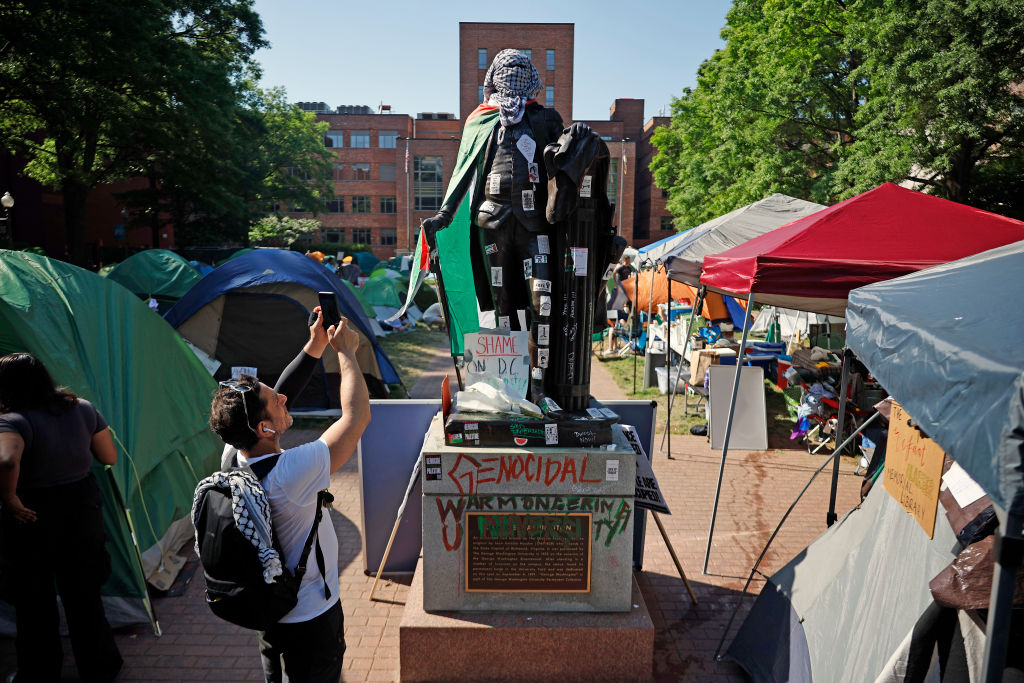






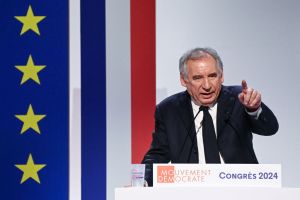
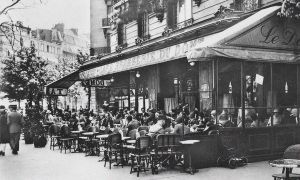
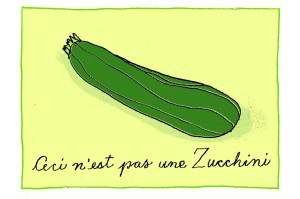


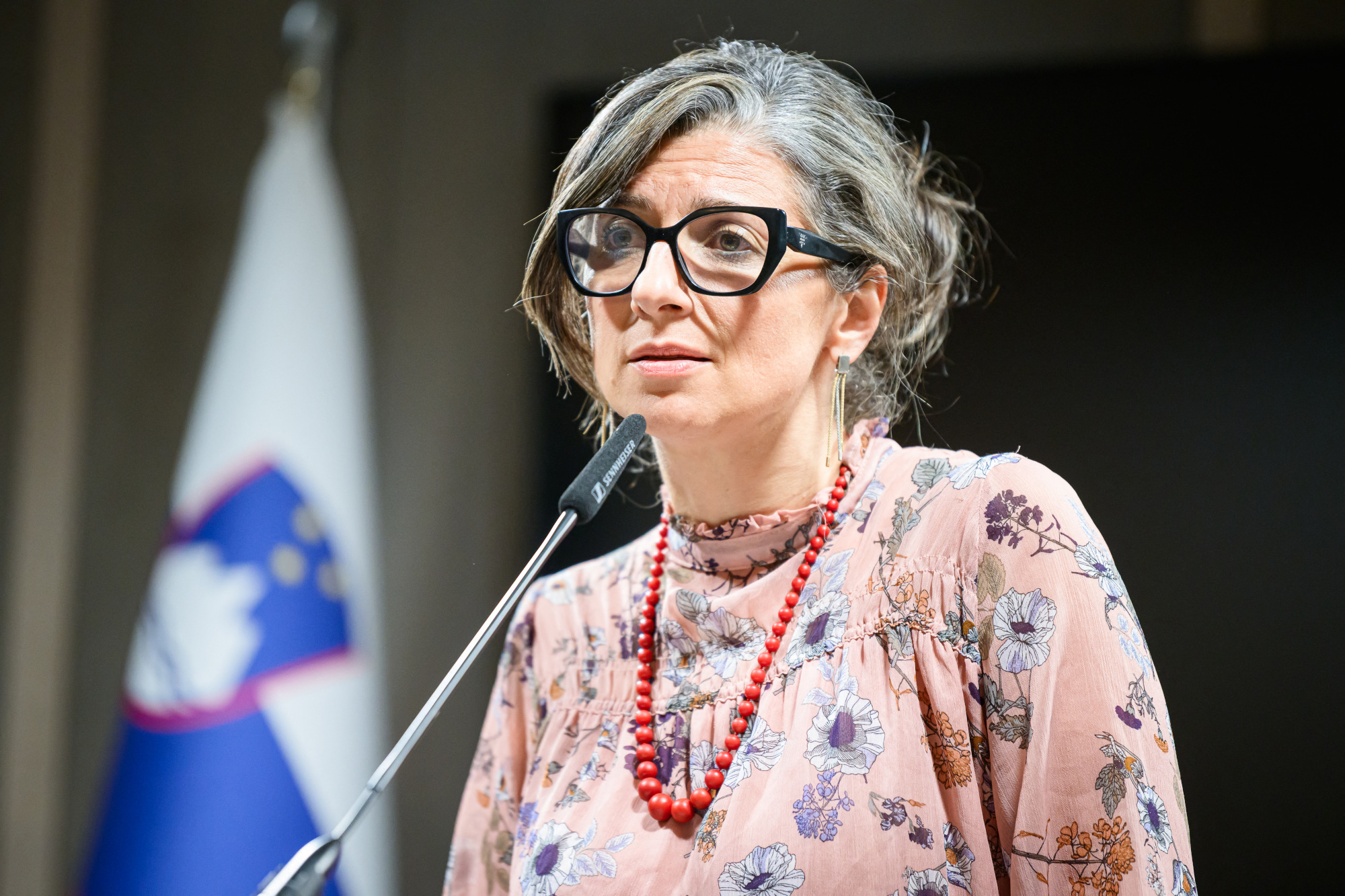
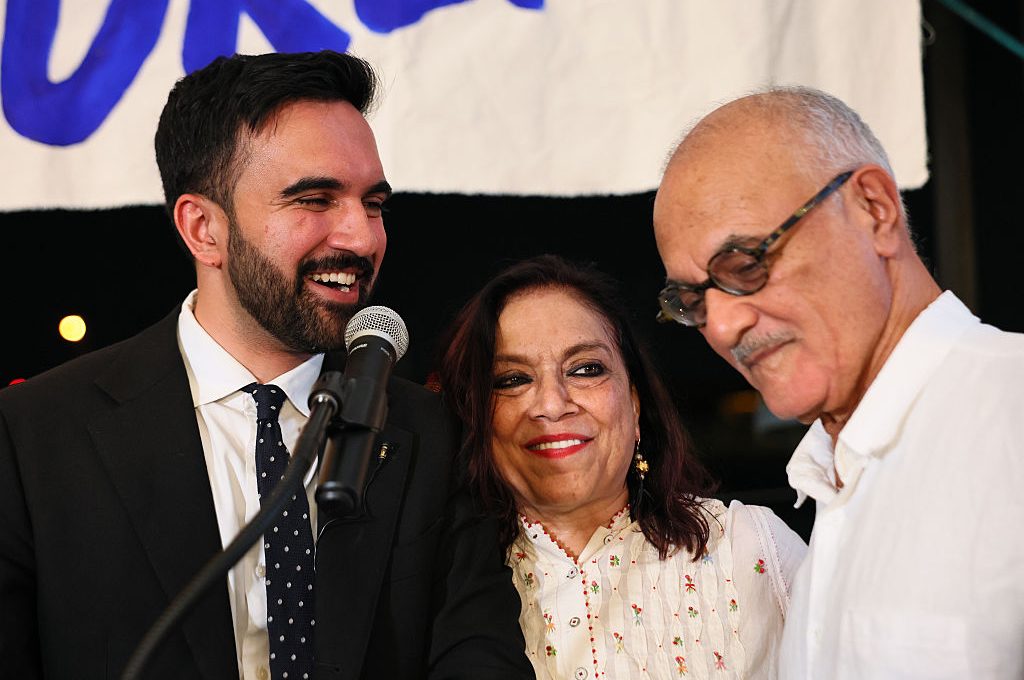

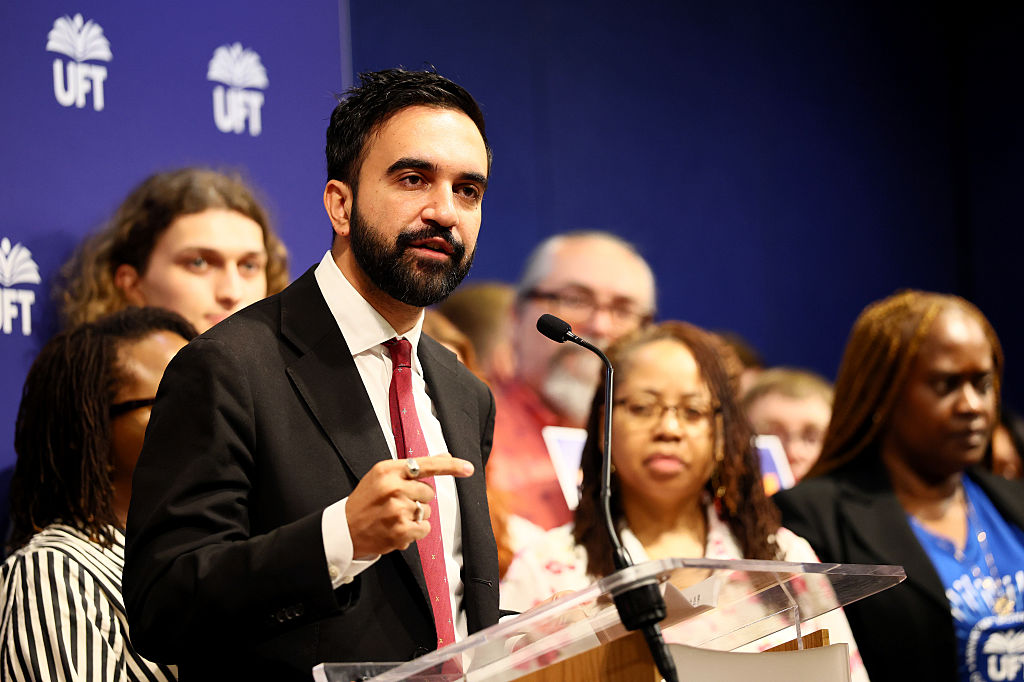







Leave a Reply